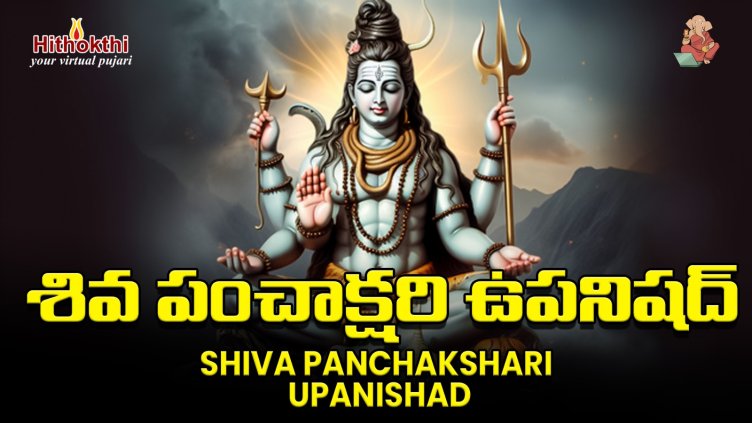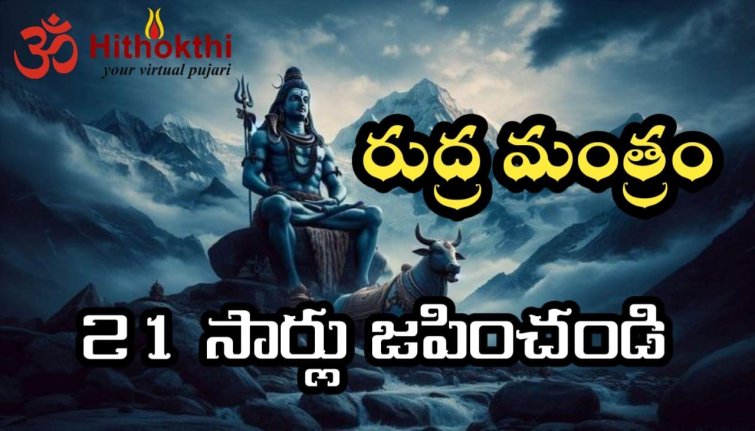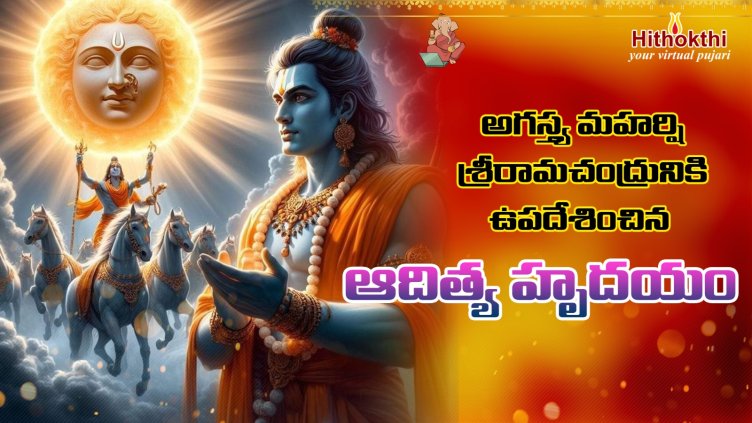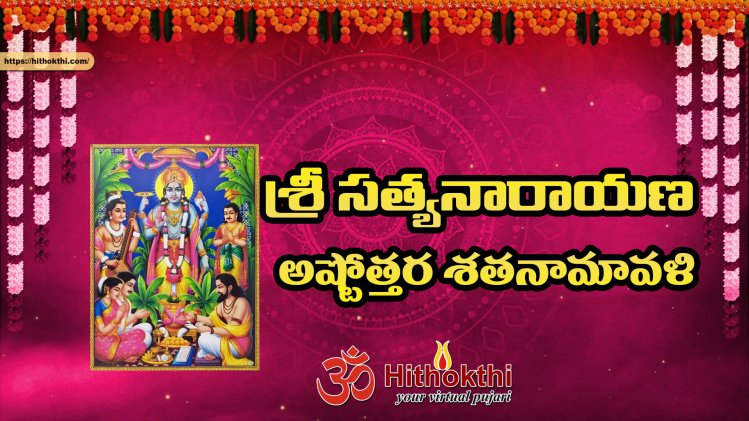Vedantha truth
Chennai, October 11, 2013: The Lord reveals Himself as Pralaya Kala in a role that is as important as creation and a sequel to it, capable of dissolving the entire universe and its beings. He states that already the lives of Bhishma and Drona have been taken by Him and that Arjuna is a mere instrument to fulfil His intention.
This Vedanta truth that all are mere instruments in His hands needs to be understood in a proper perspective, said Swami Omkarananda in a lecture.
At a literal level, it sees a jivatma as an instrument in God’s hands — such as a car or a pen or a priceless diamond in the hands of the possessor.
If the car is driven in a faulty manner, the onus is on the driver. When a costly diamond is lost, the sense of loss is with the owner and not with the diamond. The pen that is used to compose works of literary merit cannot claim any credit.
The incongruity of the issue now becomes transparent — as the car, diamond and pen have no desire or choice that are prime prerogatives in the case of the jivatma, even when assuming that we are mere instruments in His hands.
On the contrary, if something happens to us, only we are affected by joy and sorrow and not God. He remains impervious, and nothing touches Him.
Every individual is endowed with free will and has options to implement decisions based on his ability and effort. He is fully responsible for the pleasure or sadness borne out of his own success or failure.
His likes and dislikes dictate his diverse actions. The situation is not akin to mindless cattle driven by the herdsman with a stick in hand. It is the one where God keeps the jivatmas on course without their straying. He has created the laws by which the universe functions and moral edicts for individuals living in it. The fallacious interpretation identifying the jivatma only as an instrument seemingly absolves him of any responsibility and creates an impediment to salvation.
The prime message is that a jivatma should cultivate a sense of humility and not get puffed up with ‘ahankara’.
Source: The Hindu, October 11, 2013







